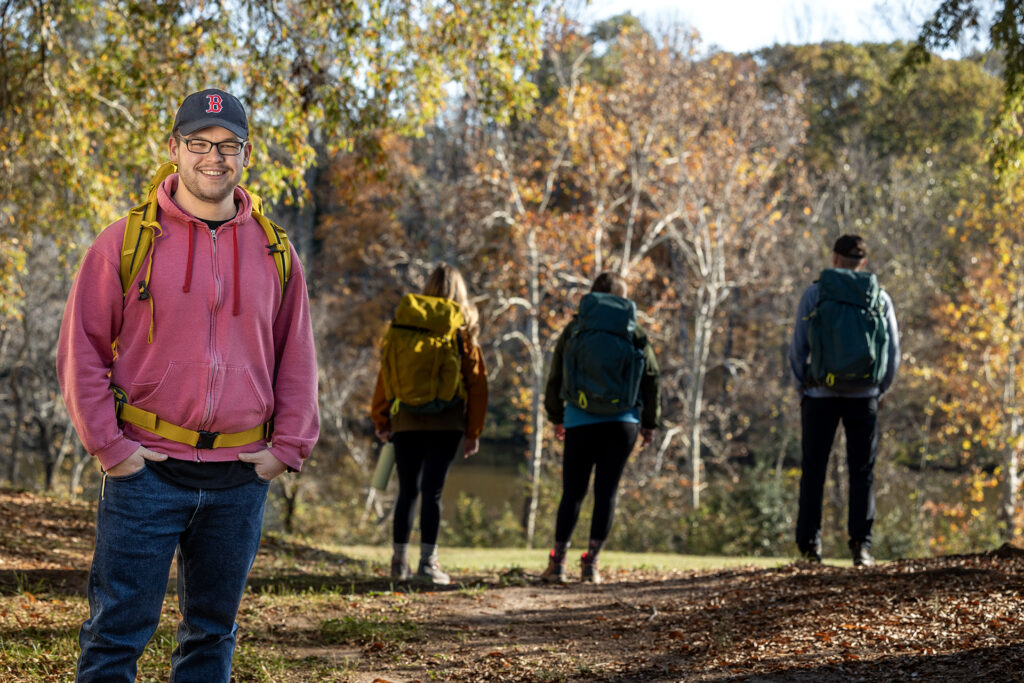
RICHMOND, Va. (BP) – Morgan Walker looked around the room of missionary candidates in awe. When she surrendered her life to Jesus a few years ago, she didn’t know anything about missions but felt a strong desire to drop everything to follow Him and share. Now, here she sat at the International Mission Board’s interview conference listening to ministry opportunities from around the world.
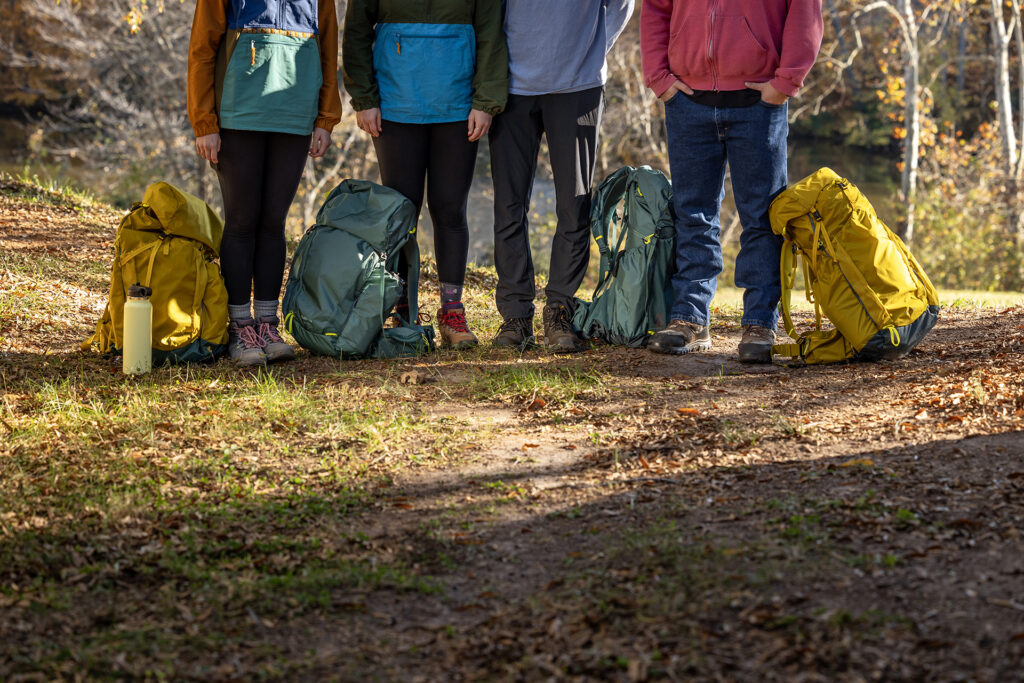
How could she possibly choose just one job for the next two years? She read through the list of open positions on the field. Work with college students in Africa. Plant churches and disciple local believers in Asia. Every position sounded good, but her heart raced when IMB missionary Kelly Zbinden introduced the new Project 3000 program. He explained more than 3,000 people groups haven’t been reached with the Gospel and there’s no known strategy in place to make the Gospel accessible to them. In fact, most of these groups live off the beaten path in places that are hard to reach.
“Are you willing to get uncomfortable and go to them?” the Project 3000 global coordinator asked. He had a captive audience. Everyone in the room felt God’s call to the mission field but Zbinden and his wife, Jamie, were looking for team members willing to go to the edge of spiritual lostness to research and learn about these unengaged unreached people groups (UUPGs). “We need curious and independent young adults to be explorers. You will help with strategies to take the Gospel to these peoples.”
Walker couldn’t believe it. This was exactly what she’d dreamed about doing but she wondered if she was qualified. Across the room Jacob Sims asked himself the same question. His leg bounced nervously as he reasoned that he was physically fit, young and had no obligations. But did he know anything about research? The veteran missionaries, however, pushed all doubt and questions aside for the two 20-somethings.
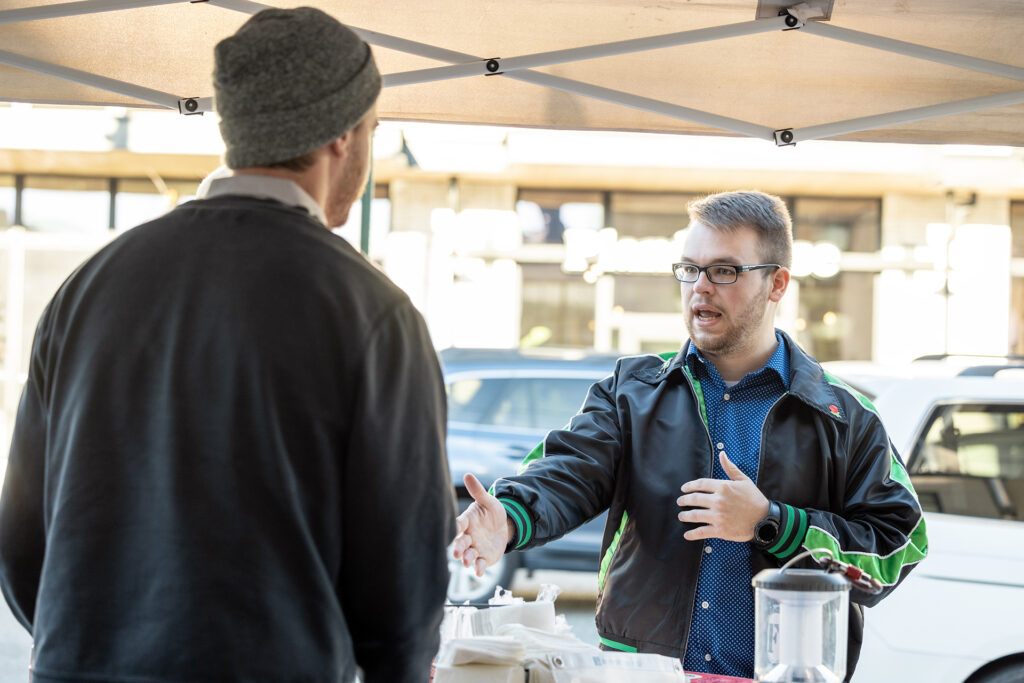
“We will train you to do some very hard things if you are willing to step forward and trust God,” Kelly assured. Jamie touched his arm and added, “We have a team to support you.”
That’s all it took. Walker was “100 percent all in.” Sims’ heart ached for these UUPGs and he too wanted to help find them.
Project 3000 Explorer training
All IMB missionaries, whether they plan to serve two years or 30, go to an orientation. They learn how to work on multicultural teams and begin exploring the region of the world and culture they will soon live in. They learn how to share the Gospel cross culturally. The new missionaries create bonds with a support system of people and learn how to be spiritually fed in environments that are often spiritually draining.
While Explorers attend this basic training they simultaneously dig deeper into skills like research and finding entry access points. The new missionaries work alongside Richmond churches to map out the demographics of local neighborhoods. They look for areas that seem open to the Gospel. This exercise is similar to what Walker, Sims and their fellow explorers will do in their search for specific UUPGs.
Walker and her teammate practiced their survey skills in a popular park. They noted the time of day and who populated the park — mothers with young children at the playground and exercising retirees — on a chart. When the young adults spotted a man stretching, they hesitated.
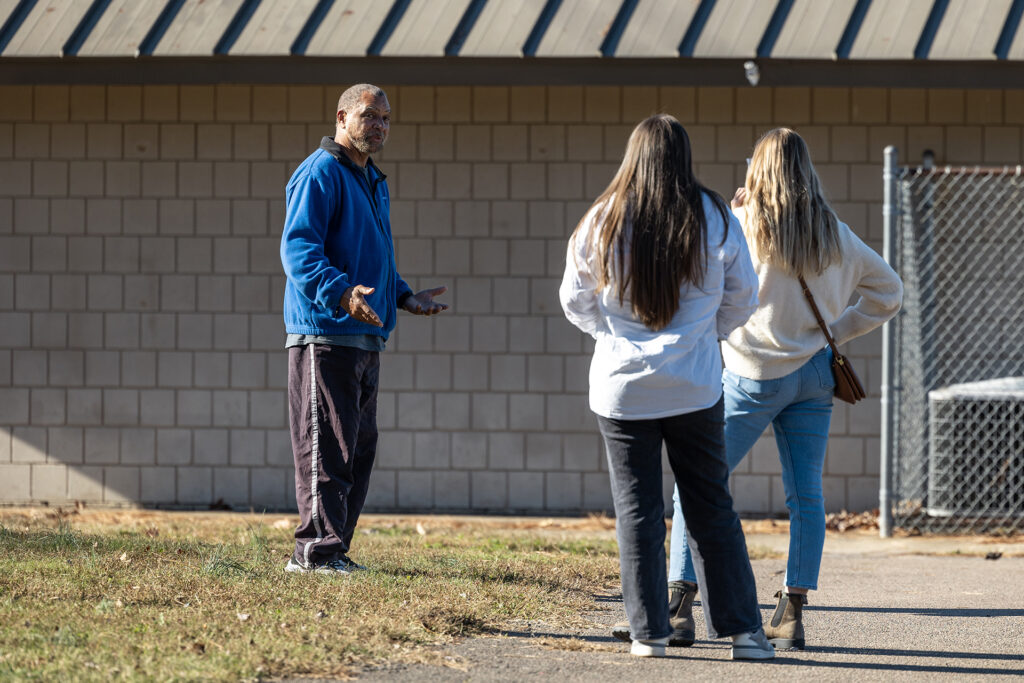
Getting over the fear of talking to strangers to ask pointed questions about culture and beliefs is an important part of this exercise. Soon, they will have to do it in another language with the help of an interpreter. Walker took a breath and moved to catch the man’s attention. He smiled and spoke with the two young women.
“I can see how learning entry access points now is helpful for when we do this to research our UUPGs,” Walker said, admitting at team debrief she was out of her comfort zone. “I think it’s going to take a lot of prayer to prepare the way for these encounters. We will need to be bold and confident in Christ and trust that God will provide the right access points for us to find these people groups.”
All new missionaries have a goal to share the full Gospel three times by the end of training. One explorer found a way to take a conversation with a street food vendor from “How are your perogies?” to family values. He simply asked where the vendor learned to make the Polish treat. He ran into some roadblocks moving into a full Gospel conversation, though, and asked the Zbindens for tips.
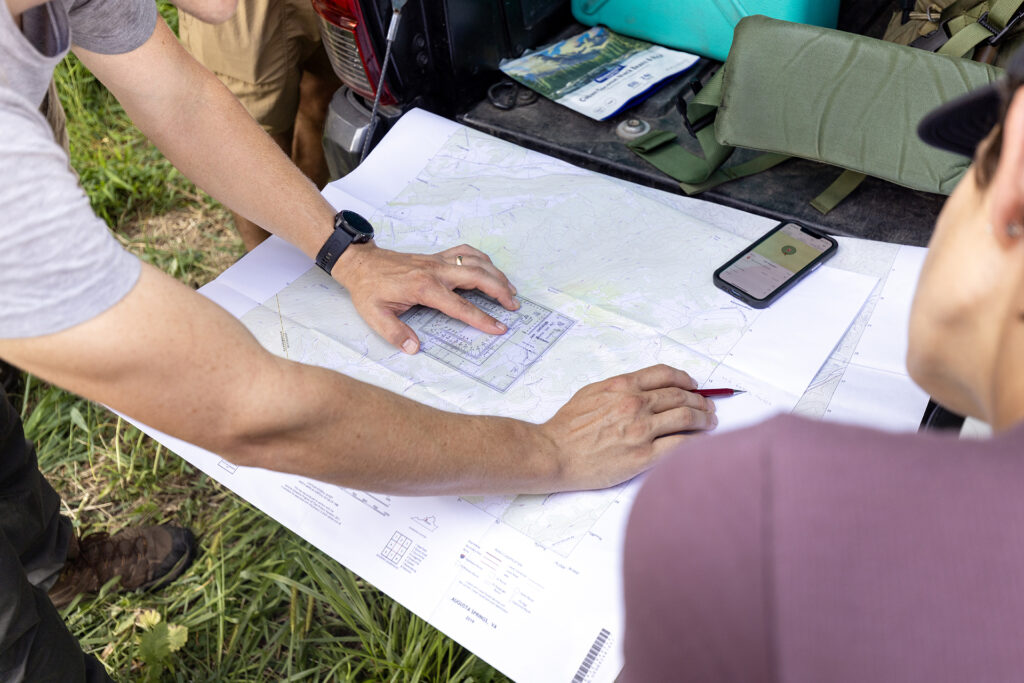
It’s impossible to prepare for every situation, but the missionary orientation teams provide explorers with basic knowledge and mentoring. They even bring in outdoor experts to help the young adults learn to hike and survive in the wilderness. They train physically each morning in preparation for spending days hiking with only a paper map and compass to guide them. They also learn how to pack and plan a research trip.
The Zbindens pointed out not every Project 3000 job requires explorers to hike through the jungle or climb a mountain. Some explorers might drink coffee with day laborers in a café or move from city to city via train. Yet all explorers will need some physical endurance to handle living out of a backpack for up to six weeks at a time.
The Great Pursuit
The IMB hopes to train and send 300 explorers over the next three years. Walker and Sims joined 11 others already in the program with more in the pipeline. Each explorer is assigned anywhere from four to 10 UUPGs to focus on during their two-year assignment.
Getting the names of these UUPGs was both a little overwhelming and exciting for Sims. It’s when this great pursuit to the edges of spiritual lostness went from concept to reality.
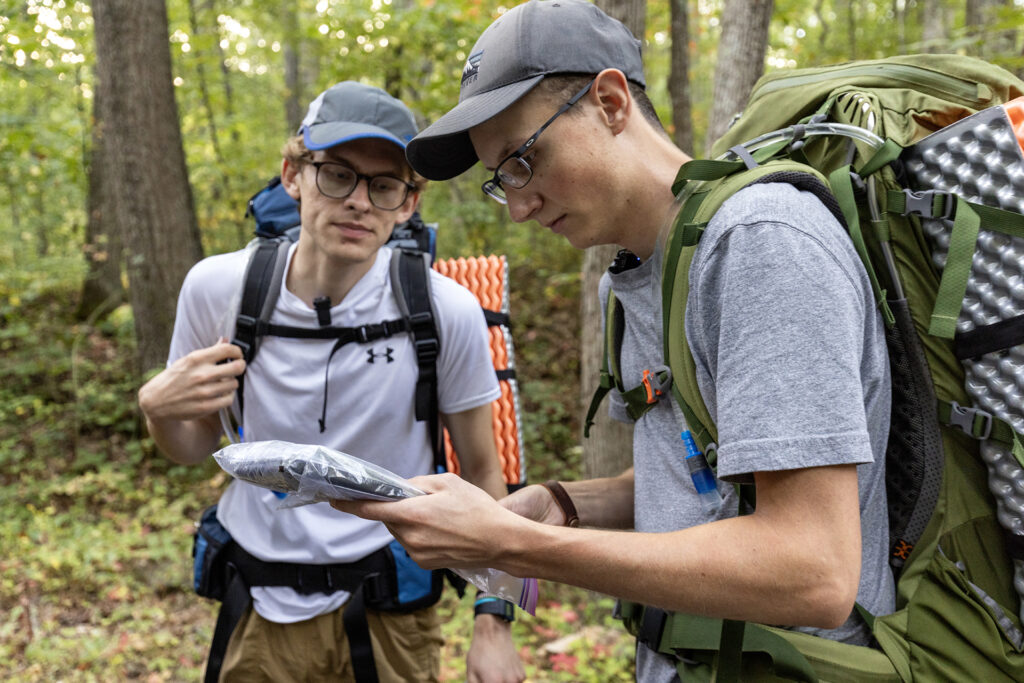
“I was glad to start praying for groups by name and daydream or brainstorm ideas on how to integrate into their communities,” Sims said. “But honestly, there was a heaviness that came with it.”
Walker understood the sentiment. It’s a big task. If it were easy, it would already be done. Some of the UUPGs on her list haven’t been engaged yet because there’s a very real cost for following Jesus — their lives. That won’t stop her from seeking them and finding an appropriate way to share the Gospel, though. According to these explorers, it just means they must rely on God in every single interaction.
“We get to be a part of seeing ‘the ends of the earth’ introduced to the Good News of Jesus Christ,” Sims said with a huge smile. “I can’t think of anything more exciting than that!”
For more information on becoming a missionary explorer, go here. For information on becoming a virtual explorer and prayer partner, go here.
Some names have been changed due to security.
